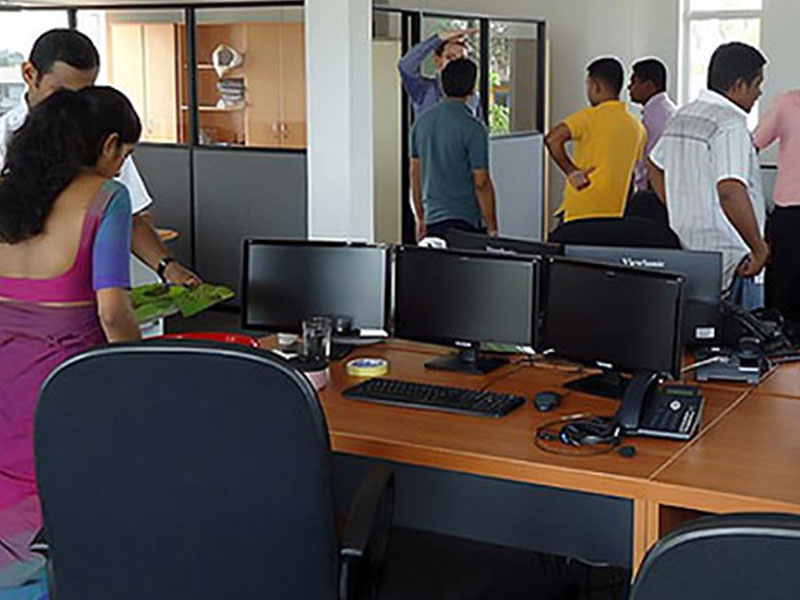Public sector workers in Sri Lanka, a major employer with over 1.4 million people, are a critical force for the country’s well-being. However, concerns surround their efficiency along with their perks and benefits.
November 2023’s island-wide strike, demanding a Rs. 20,000 pay rise and pension scheme reinstatement, highlighted long-standing issues. While these employees enjoy benefits like pensions and allowances, performance concerns persist. Members of the public point to lengthy task completion times, questioning the service’s efficiency.
President Wickremesinghe, acknowledging the 35% budget share for public salaries and social welfare, proposed raising salaries while increasing the cost of living allowances. This response hints at a recognition of the need for both improved performance and fair compensation.
However, challenges remain. The Department of Management Services reported 1,715,417 approved cadre positions and 1,393,883 existing ones, indicating significant vacancies. An information officer explained the complex salary system and numerous allowances enjoyed by these employees. Additionally, various circulars from different departments outline specific perks and benefits, contributing to a seemingly fragmented system.
The 2014 ILO report proposes reforms in social dialogue, dispute resolution, and human resource development to boost public service performance. The 2022 Cabinet Committee aimed to identify priority recruitment and improve effectiveness, but recruitment remains decentralized and lacks a clear plan for filling vacancies.
Sri Lanka faces a balancing act. Enhancing public service efficiency is crucial for the country’s progress, while fair compensation for its essential workforce remains vital. Addressing concerns about performance, streamlining benefit structures, and implementing effective recruitment strategies are key steps towards a more efficient and satisfied public sector.







